Uncategorized
-
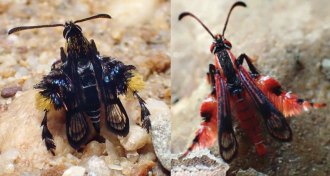 Animals
AnimalsDefenseless moths do flying impressions of scary bees and wasps
Faking that erratic bee flight or no-nonsense wasp zoom might save a moth’s life.
By Susan Milius -
 Health & Medicine
Health & MedicineSynthetic opioids involved in more deaths than prescription opioids
Winning a ghastly contest, synthetic opioids become most common drug involved in U.S. overdose deaths, bypassing prescription opioids in 2016.
-
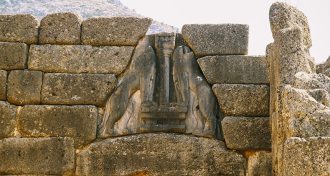 Archaeology
ArchaeologyHow a backyard pendulum saw sliced into a Bronze Age mystery
A saw no one has seen may have built Bronze Age Greek palaces.
By Bruce Bower -
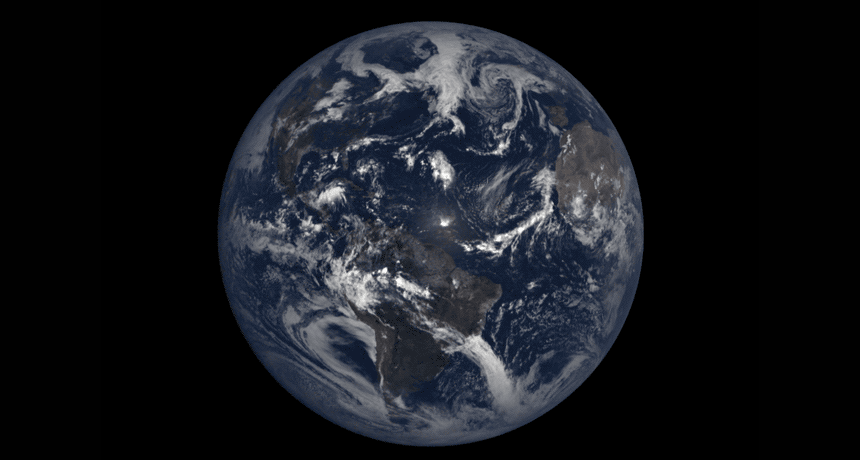 Planetary Science
Planetary ScienceLast year’s solar eclipse set off a wave in the upper atmosphere
The August 2017 solar eclipse launched a wave in the upper atmosphere that was detected from Brazil after the eclipse ended.
-
 Plants
PlantsNew genetic details may help roses come up smelling like, well, roses
A detailed genetic look at China roses and an old European species shows that there’s a built-in trade-off between color and scent.
By Susan Milius -
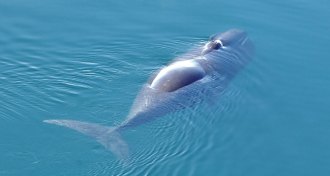 Animals
AnimalsSee (and hear) the stunning diversity of bowhead whales’ songs
Bowhead whales display a huge range in their underwater melodies, but the drivers behind this diversity remain murky.
-
 Genetics
GeneticsNew genetic sleuthing tools helped track down the Golden State Killer suspect
DNA sleuths may have adapted new techniques for identifying John and Jane Does to track down a serial killer suspect.
-
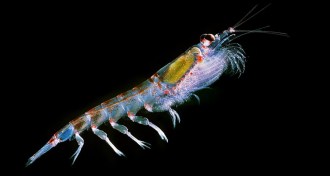 Animals
Animals‘The Curious Life of Krill’ is an ode to an underappreciated crustacean
A new book makes the case that Antarctic krill and the dangers they face deserve your attention.
-
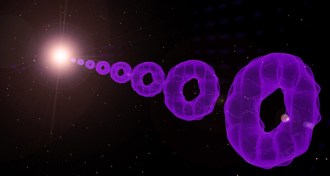 Physics
PhysicsA DIY take on the early universe may reveal cosmic secrets
A conglomerate of ultracold atoms reproduces some of the physics of the early universe.
-
 Earth
EarthPumping water underground for power may have triggered South Korean quake
A 2017 South Korean earthquake may have been caused by human activities, two new studies suggest.
-
 Tech
TechWebsite privacy policies don’t say much about how they share your data
Privacy policies don’t reveal the half of how websites share user data.
-
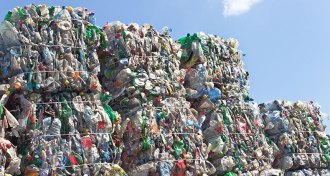 Environment
EnvironmentThis plastic can be recycled over and over and over again
A new kind of polymer is fully recyclable: It breaks down into the exact same molecules that it came from.